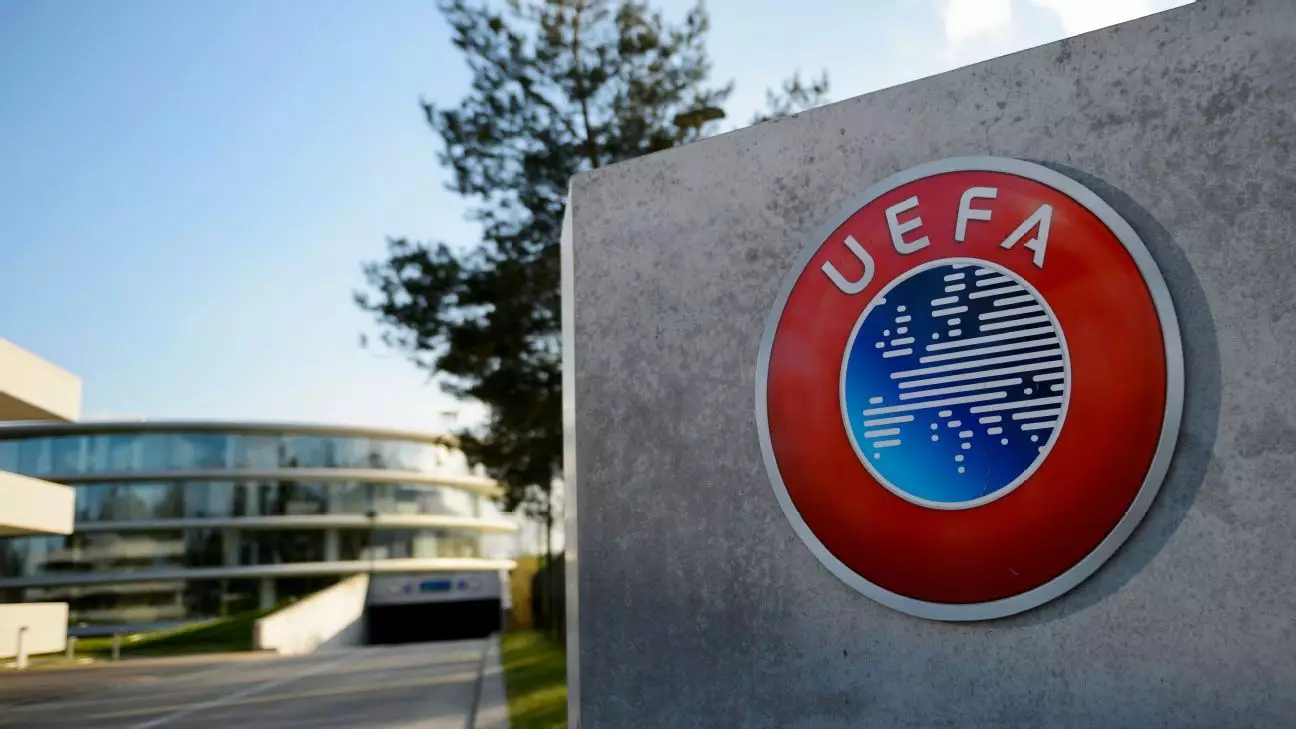In recent developments, the European Leagues organization, representing 39 domestic leagues across 33 nations, expressed discontent over the resurfacing of the European Super League (ESL) concept, now rebranded as the Unify League. This news follows the aftermath of the original ESL proposal that met with widespread criticism in 2021. The ESL was devised with the intent of instituting a competition that guaranteed participation for 12 of Europe’s premier clubs, a move that was perceived as elitist and dismissive of smaller clubs and leagues. The fallout from fan protests essentially led to the proposal’s swift dissolution, underscoring the crucial role public sentiment plays in the realm of sports governance.
The conception of the Unify League, introduced by sports development firm A22, aims to shift towards a merit-based system, which positions it as a more respectable alternative to traditional UEFA competitions like the Champions League. The proposed format suggests a framework involving 96 clubs organized into four leagues. Proponents argue that this model creates more opportunities for meaningful competition and addresses long-standing grievances with the existing UEFA model, which many view as misaligned with the principles of meritocracy, particularly after UEFA’s changes to the Champions League structure.
Additionally, A22 has emphasized a commitment to accessibility for fans by introducing a free streaming platform, indicating a focus on enhancing viewer engagement. By promising a return to the cherished home-and-away format, A22 attempts to resonate with longstanding football traditions that fans have felt were compromised by UEFA’s recent modifications.
However, the European Leagues organization has taken a staunch stance against A22’s proposal, emphasizing that they were not consulted in the formulation of these plans. They have voiced their commitment to the current system, wherein clubs qualify for European tournaments based on domestic performance. Their statement articulates a concern that the proposed expansion under the Unify League structure would exacerbate the already congested football calendar, potentially undermining the integrity and sustainability of domestic competitions.
Furthermore, European Leagues have labeled A22’s competition model as “unrequested and unsubstantiated,” suggesting that there is a disconnect between the desires of stakeholders and the direction proposed by A22. This sentiment is echoed by fans who have historically resisted innovations that prioritize commercial interests over the traditional football framework that champions club heritage and local competition.
As discussions around the Unify League continue to unfold, the core issues at stake are intertwined with the broader themes in contemporary sports, such as commercialization, accessibility, and the preservation of traditions. For any new competition model to gain traction, it will necessitate not only a robust framework that prioritizes competitive integrity but also a genuine dialogue among all stakeholders, including clubs, governing bodies, and the passionate fanbase.
In essence, the debate surrounding the Unify League reflects the fundamental tensions within European football today: how to balance ambition with tradition, and commercial viability with the integrity of the sport. As history has shown, the success or failure of new initiatives will largely be contingent on their acceptance by the very fans they aim to serve.
